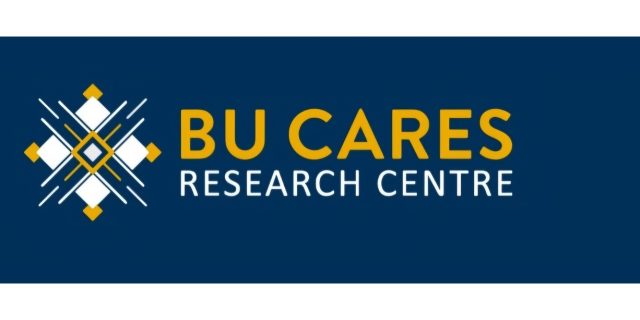
By
Michelle Lam
November 2024
Print Version
What you need to know
The Centre for Applied Research and Education in Indigenous, Rural, and Remote Settings (BU CARES) is a research centre in the Faculty of Education at Brandon University. Launched in 2008, BU CARES aims to support, facilitate, and promote research that improves education for Indigenous and rural students. The research of BU CARES includes a focus on anti-racism, educational technology, Indigenous education, eco-justice, and well-being and mental health. By partnering with communities, school divisions, not-for-profit organizations, government, and academics, BU CARES fosters a supportive environment where students, faculty, and community researchers can collaborate and develop ideas together.
Why this research is important
Education is a powerful force for change. For BU CARES, understanding more about what education looks like for rural and Indigenous students and how to do it in a good way means working with rural and Indigenous partners to identify challenges and then work together for creative solutions. In addition, rural and Indigenous communities have much to teach the rest of Canada and beyond.
Guided by values of connection, creativity, usefulness, and integrity, BU CARES also supports a constellation of projects and partnerships. Using podcasts, newsletters, social media, reports, articles, briefs, infographics, films, a website, events, and workshops, BU CARES shares pertinent research and fosters engagement that furthers understanding about education in Indigenous and rural places.
How the research is conducted
Most educational research is conducted with partners in schools or community organizations. For that reason, BU CARES focuses on applied research done through community-based participatory approaches. Projects are collaboratively designed and facilitated, with significant involvement from both academic and community partners.
In past years, BU CARES has conducted arts-based, qualitative, quantitative, and mixed-methods research. The methodologies chosen depend on the needs of the project.
How this research can be used
Currently, BU CARES is leading three projects and employs eight research assistants. Together with our partners, we are exploring:
- What does Indigenous identity mean through the voices of Indigenous students? (Partnership with the Indigenous Peoples’ Centre at Brandon University)
- Changing the script with pedagogies for anti-racism education (Arts-based film project funded through the Government of Canada).
- School and community impacts of a reconciliation initiative (Partnership with Mountain View School Division).
These three projects aim to identify strategies for increasing understanding and equity in Indigenous and rural places. As these projects continue, knowledge from the projects will shape understandings, theorization, policy, pedagogy, and curriculum.
BU CARES also currently partners with 12 other projects on topics like microaggressions, digital well-being and mental health, curriculum, pedagogy, assessment, culturally responsive teaching, epistemic beliefs, and more. Just as a rising tide lifts all boats, the efforts of BU CARES to support and mobilize research knowledge across the BU campus and in partnerships with other institutions result in increased opportunities for students, more knowledge that benefits Indigenous and rural communities, and ultimately better education for Indigenous and rural students.
Podcasts
Our podcasts connect university researchers with community members. Join Drs. Jackie Kirk and Michelle Lam, in their podcasts Leaning In And Speaking Out.
About the Researcher
Keywords
- community-based participatory approach
- community-based research
- education research
- Indigenous research
- participatory research
- rural education
Publications Based on the Research
To learn more about research at BU CARES or our recent publications, please visit www.bucares.ca.
Editor: Christiane Ramsey
Read more BU Research
Research at Brandon University follows comprehensive policies designed to safeguard ethics, to ensure academic integrity, to protect human and animal welfare and to prevent conflicts of interest.

